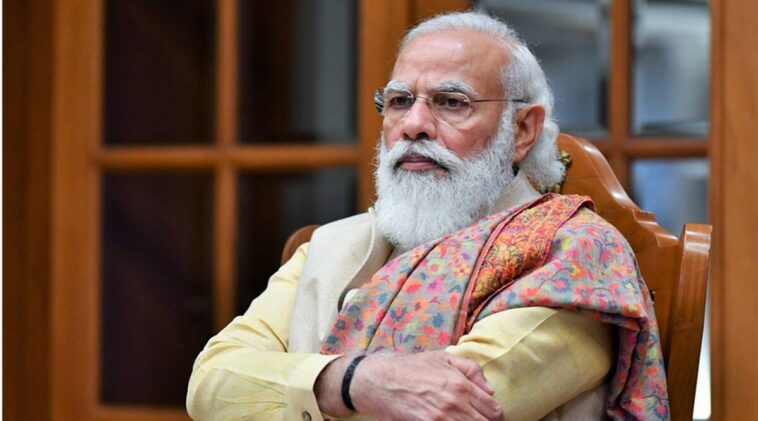India’s Prime Minister Narendra Modi said the country “needs to regain its rightful place” in the United Nations Security Council in a speech delivered.
The problem goes much beyond questions of trustworthiness. When the world’s most populous and largest democracy aren’t represented on the UN Security Council, how can it claim to speak for the world? According to an interview PM Modi gave to the French newspaper Les Echos.
He used the UN Security Council as an example of an organisation that is out of sync with the modern world.
Its inability to deal with the problems of the present is exacerbated by the fact that its membership is unfairly distributed. Including the role India should play, I believe most countries have made it clear what reforms they would like to see made to the UN Security Council. He went on to say that French President Emmanuel Macron agreed with him.
Before leaving for France today to attend Friday’s Bastille Day festivities as the honoured guest, Prime Minister Modi met with French reporters at his official home in Delhi.
Our triumph will prove that democracy works, and we will do so as the largest democracy in the world, with unprecedented social and economic variety. That peace can be found even in quite different settings. “At the same time, it is reasonable to anticipate changes in the international system and institutions that will finally accord the world’s largest democracy the respect to which it is due,” he said.
India’s role as an intermediary between the Global South and the West was another theme stressed by the Prime Minister.
For a very long time, those in the Global South had their rights ignored. The people of the Global South are understandably frustrated by this situation, since they believe they have no choice but to take action without being included in the decision-making process. He argued that democracy’s ideals had been violated with regard to countries in the Global South.
Prime Minister Modi commented on his oft-quoted remark to Russian President Vladimir Putin regarding the conflict in Ukraine.
He voiced grave worry about the effects of the violence on the world, particularly in the Global South, and called for an end to the fighting.
India’s stance has been consistent in its clarity and openness. It is not a time of conflict, as I have already stated. We’ve encouraged both parties to try talking things out. I assured them that India stands ready to back any and all honest initiatives that will help resolve this violence. According to our understanding, all nations are bound by a shared responsibility to uphold international law and the UN Charter, as well as to respect the independence, sovereignty, and territorial integrity of all other nations.
In reference to India’s “soft power,” Prime Minister Narendra Modi has declared, “Our exports have never been war and subjugation, but yoga, ayurveda, spirituality, science, mathematics, and Astronomy.” We have always made positive contributions to international stability and development.
In response to a question on whether he thought “western values” were universal or whether other countries should find their own path, he said that the world only makes progress when it learns to let go of antiquated and obsolete notions.




